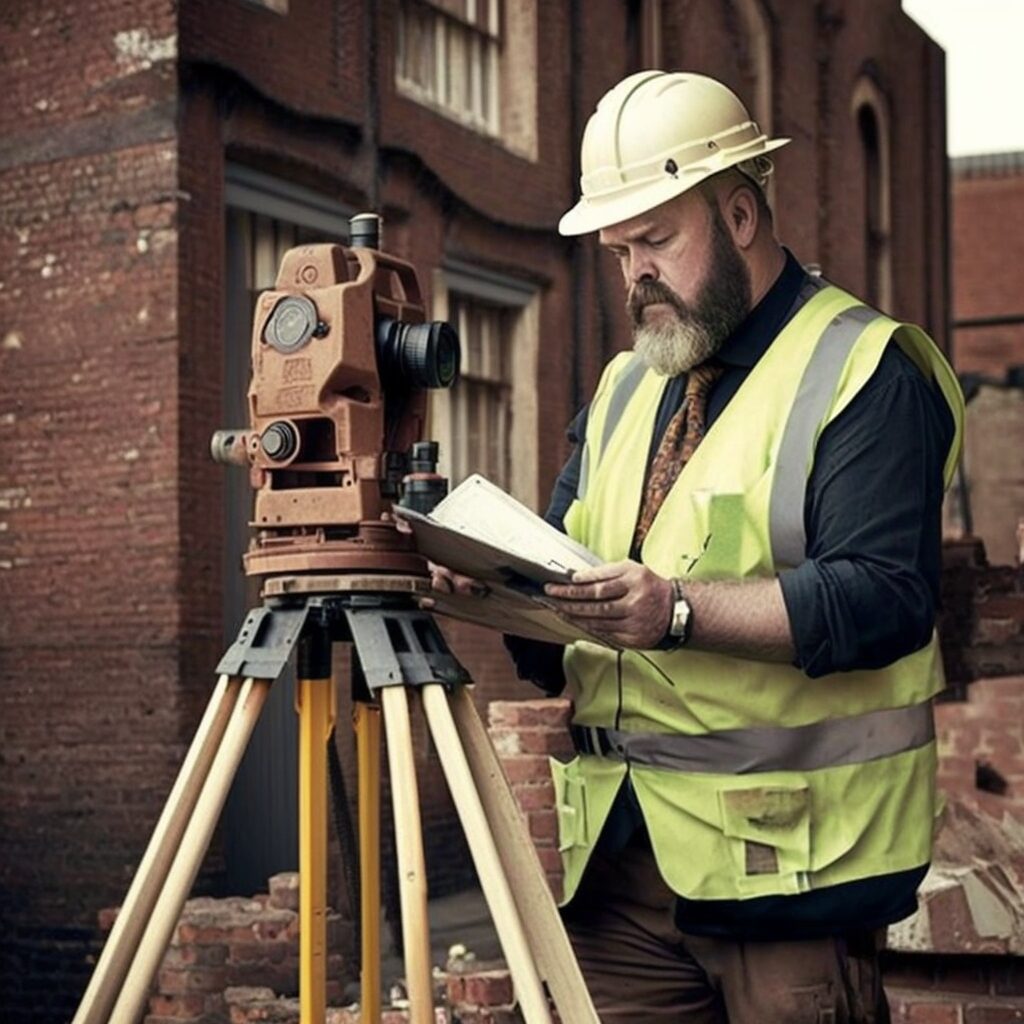
Building Survey: Simple UK Guide to Level 2, Level 3 and What You Actually Need
A building survey is a full health check of a property. A surveyor inspects the building from top to bottom and tells you what is wrong, what might go wrong, and what repairs you may need. People usually get one when buying a house, especially older or extended homes.
What a Building Survey Is
The simple definition
It is a detailed inspection carried out by a qualified surveyor to assess the condition of a building.
Who carries it out
RICS surveyors do this work. They check the building fabric and report problems in plain language.
When it’s used
Homebuyers use it to avoid hidden costs. Owners use it before major work.
Types of Building Surveys in the UK
Valuation only
This is for mortgage lenders. It is not a real inspection.
Homebuyer Survey (Level 2)
A mid-level check. Good for modern homes in reasonable condition.
Building Survey (Level 3)
The highest level. This is for older houses, homes with extensions, or anything unusual.
Which one most homeowners choose
Buyers of Victorian or extended homes almost always choose Level 3. For newer homes, Level 2 might be fine.
What a Level 3 Building Survey Covers
- Structure: Movement, cracks, signs of settlement, wall condition.
- Roof and loft: Tiles, flashing, beams, insulation, ventilation.
- Damp, leaks, and drainage: Moisture readings, mould, guttering and downpipes.
- Timber, floors, walls: Rot, sagging floors, damaged plaster.
- Services: Basic checks of electrics, plumbing and heating.
- Outbuildings and boundaries: Garage condition, garden walls, fences.
- Risks highlighted: If something looks unsafe, the surveyor explains the risk and may advise further structural checks.
Building Survey Cost in the UK
Typical price ranges
Most Level 3 surveys cost between £600 and £1,200 depending on the size and location.
What affects the cost
- House size
- Age of property
- Extensions or conversions
- Travel distance for the surveyor
Red flags that increase the price
Large cracks, subsidence history, non-standard construction, or very old homes can push the price higher.
Is a Building Survey Worth It?
When you should get one
If the house is old, altered, or looks worn, a Level 3 survey is usually worth it.
When a Level 2 is enough
Newer homes built in the last 20–25 years may only need a Level 2 check.
When you need a structural engineer instead of a surveyor
You need a structural engineer when:
- There are visible cracks
- You plan to remove a wall
- You are designing a loft conversion
- You need steel beam calculation or structural drawings
Building Survey vs Structural Engineer Report
What each professional actually does
A surveyor reviews the whole property. A structural engineer focuses on load-bearing elements and designs solutions.
When you should hire both
If the surveyor finds problems with walls, beams or foundations, they may advise you to get a structural engineer's report.
Common examples
- Loft conversions needing RSJ design
- Home extensions
- Major cracks
- Sagging floors or roof spread
What Happens on the Day of the Survey
How long it takes
Most surveys take 2 to 4 hours depending on the size of the home.
Access and what gets checked
Surveyors check every room, the loft, roof, meter cupboards, drains and any outbuildings.
What the report looks like
You get a written report with photos, condition ratings and recommended repairs.
What Happens After the Survey
Follow-up questions
You can ask the surveyor to explain anything unclear.
Negotiating price with the seller
Many buyers use the report to reduce the purchase price.
When you need further structural checks
If the survey flags structural issues, that is when SECalcs provides calculations, drawings and structural advice. We can help with load bearing wall removal plans or loft conversion structural help.
FAQs
Do I need a building survey on a new-build?
Most new-builds only need a Level 2, but many buyers rely on the developer’s guarantee.
What is the difference between a homebuyer survey and a building survey?
A building survey is more detailed and suited to older or altered homes.
Can a surveyor confirm if a wall is load-bearing?
They can sometimes identify it, but a structural engineer provides the calculations and design.
How long does a building survey take?
Usually 2 to 4 hours.
Conclusion
A building survey gives you a clear picture of a home’s condition. It helps you avoid surprises, plan repairs and negotiate with confidence. If your survey shows structural movement, cracks or roof spread, send it to SECalcs. We can review it and provide any calculations or drawings you need.
For official survey standards, check RICS Home Surveys.
Speak with a Structural Engineer
If your surveyor finds cracking, movement, sagging floors or roof spread, you can send the report to us. We provide structural calculations, drawings and clear advice for building control.

